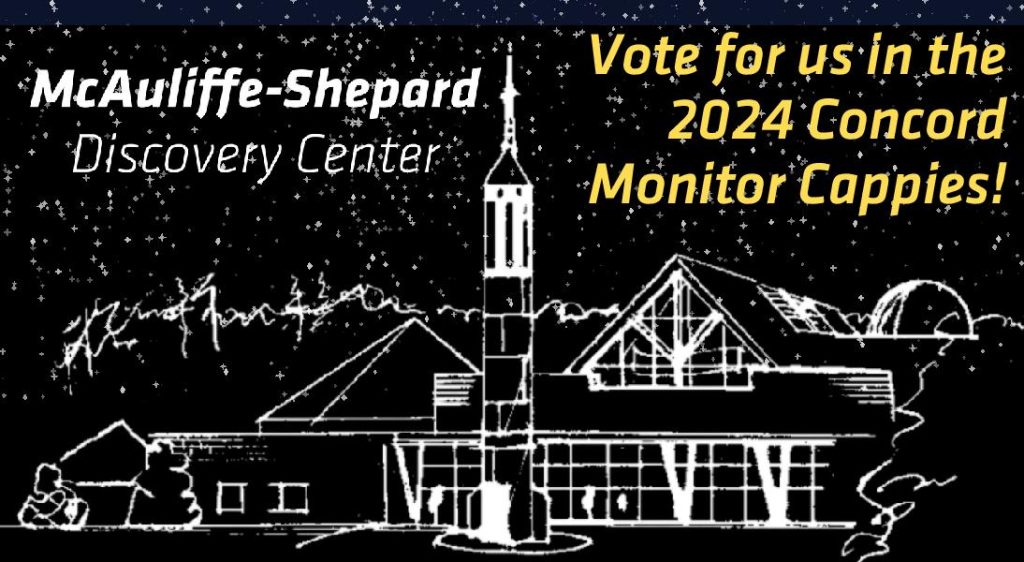Nov. 11, 2000: For the first time in school history, the Concord High girls’ cross country team wins the New England Championships.
Nov. 11, 1965: The Douglas N. Everett Arena opens in Concord.
Nov. 11, 1874: Meeting in Concord’s Eagle Hall, a crowd of 100 women form the New Hampshire Women’s Temperance League. The first president is Mrs. Nathaniel White of Concord.
Nov. 11, 1975: Gov. Mel Thomson makes a surprise visit to the state prison to sample the food after the prisoners stage a hunger strike over the quality of prison chow and other issues. His judgment: “We don’t have anything better than this at the Bridges House.” His wife, Gale, insists she’s not insulted.
Nov. 11, 1909: The last major branch of Concord’s trolley system opens. The 1.55-mile route will be known as the Sunset Loop. It runs up Centre Street from Main to Washington, then White, then on to Franklin Street and back to Main. The city’s trolleys are serving 1.2 million passengers a year.
Nov. 12, 2003: Concord’s Luke Bonner, a senior and basketball star at Trinity High School in Manchester, signs his national letter of intent to play for West Virginia.
Nov. 12, 2000: Concord High routs longtime nemesis Londonderry, 53-8, advancing to the state Division I football championship. The win ends a streak of lopsided defeats the Tide had recently suffered at the hands of Londonderry. Concord will go on to win the state title in equally convincing fashion, defeating Manchester Central, 38-0.
Nov. 12, 1818: A newly discharged convict from the state prison enters the State House and steals the keys to most of the doors. He is quickly arrested.
Nov. 12, 1885: Ten women in their late teens and early 20s form the Flower Mission, whose purpose is to deliver flowers at Concord hospitals and homes for the aged. The mission survives to this day.
Nov. 13, 2001: Concord City Manager Duncan Ballantyne outlines two options for dealing with the Sears block project, the city’s biggest and most important project in limbo. The city can meet with Hodges Development Corp. or it can proceed with demolition.
Nov. 13, 2000: A presidential recount won’t be necessary in New Hampshire, the secretary of state announces, although George W. Bush’s margin of victory has been recalculated. The official tally says Bush defeated Al Gore by 1.246 percent of the votes cast in the state.
Nov. 14, 2002: A federal appeals court has reinstated an investor lawsuit against Gov.-elect Craig Benson and his former computer networking firm alleging that his company tried to hide its downward spiral by inflating revenue figures and booking fictitious sales orders, the Monitor reports.
Nov. 14, 1963: Visiting Concord, Mrs. Eddy M. Peterson, assistant chairman of the Republican National Committee, says she is excited about the prospect of Sen. Margaret Chase Smith running for president. Nevertheless, Peterson adds, “I don’t think the women of America are ready to see a woman candidate for president yet. I think the women are even less ready than the men.”
Nov. 14, 1861: A fire at Main and School streets, the fourth major fire of the year in downtown Concord, destroys a harness factory, a shoe store, the gas-light company offices and homes.
Nov. 15, 2001: After a request by Ward 3 City Councilor Andy Tarbell, a recount confirms that Kipp Cooper has won the seat, by 263-260. The original count was 262-260.
Nov. 15, 1978: The Monitor reports that Concord is about to hire Jim Smith away from Berlin as city manager. “He’s a good solid choice,” says Councilor Rod Tenney. Smith will come to Concord after the first of the year and remain in the job for more than 13 years.
Nov. 16, 2000: A federal judge in Concord upholds the right of an internet company to refuse to register profane website addresses as it sees fit. The company was sued by a woman who claimed her First Amendment rights had been violated.
Nov. 16, 1861: After several devastating fires in the city in preceding months, a committee under Concord Mayor Moses Humphrey releases a study recommending that a steam fire engine replace the hand pumper stationed on Warren Street near Main. The new engine, the “Gov. Hill,” will go into service in early 1862. It will work so well that the city will soon be shopping for another.
Nov. 16, 1896: A paltry turnout of 100 people comes to the 1,100-seat White’s Opera House on Park Street in Concord for the first motion picture, which is to be shown on Edison and Dow’s Rayoscope. The Rayoscope doesn’t work, and the crowd goes home disappointed.
Nov. 16, 1908: With a friend at the wheel, Mayor Charles Corning leaves Concord at 10:35 a.m. for a drive to Cambridge, Mass. “The highways are far from perfect, but we are covering mile after mile,” Corning writes in his diary. It takes them six hours to reach Harvard Square.
Nov. 17, 2001: The plan to build a senior center in Concord, one of two state capitals in the country without such a facility, receives a positive response from the planning board, the Monitor reports.



















